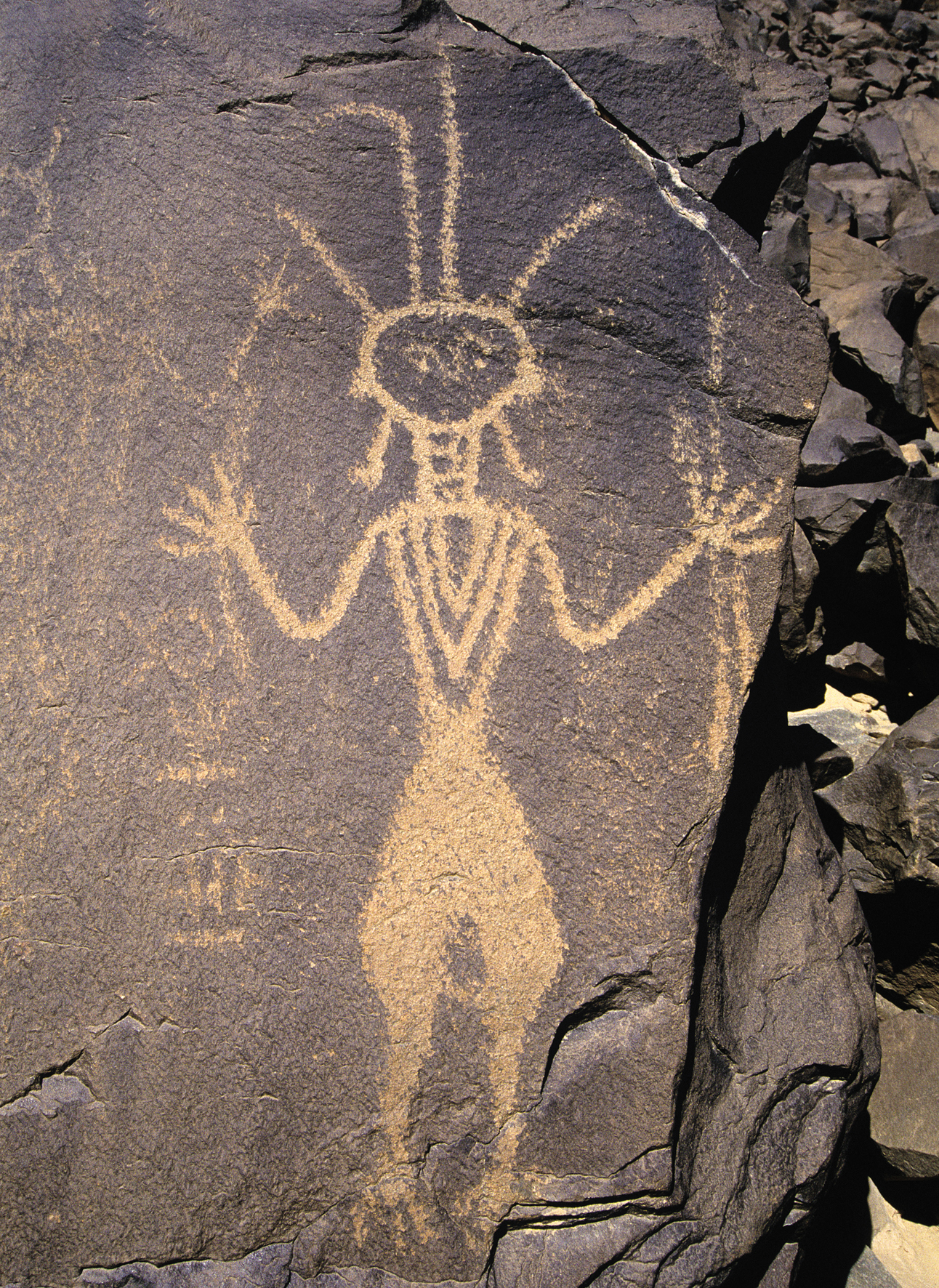A History of World Societies:
Printed Page 1
A History of World Societies Value
Edition: Printed Page 1
Introduction for Chapter 1
1
The Earliest Human Societies
to 2500 B.C.E.

When does history begin? Previous generations of historians generally answered that question with “when writing begins.” Thus they started their histories with the earliest known invention of writing, which happened about 3200 B.C.E. in the Tigris and Euphrates River Valleys of Mesopotamia, in what is now Iraq. Anything before that was “prehistory.” That focus on only the last five thousand years leaves out most of the human story, however, and today historians no longer see writing as such a sharp dividing line. They explore all eras of the human past through many different types of sources, and some push the beginning of history back to the formation of the universe, when time itself began. This very new conceptualization of “big history” is actually similar in scope to the world’s oldest histories, because for thousands and perhaps tens of thousands of years many peoples have narrated histories of their origins that also begin with the creation of the universe.
Exploring the entire human past means beginning in Africa, where millions of years ago humans evolved from a primate ancestor. They migrated out of Africa in several waves, walking along coasts and over land, eventually spreading across much of the earth. Their tools were initially multipurpose sharpened stones and sticks, but gradually they invented more specialized tools that enabled them to obtain food more easily, make clothing, build shelters, and decorate their surroundings. Environmental changes, such as the advance and retreat of the glaciers, shaped life dramatically and may have led to the most significant change in all of human history, the domestication of plants and animals.